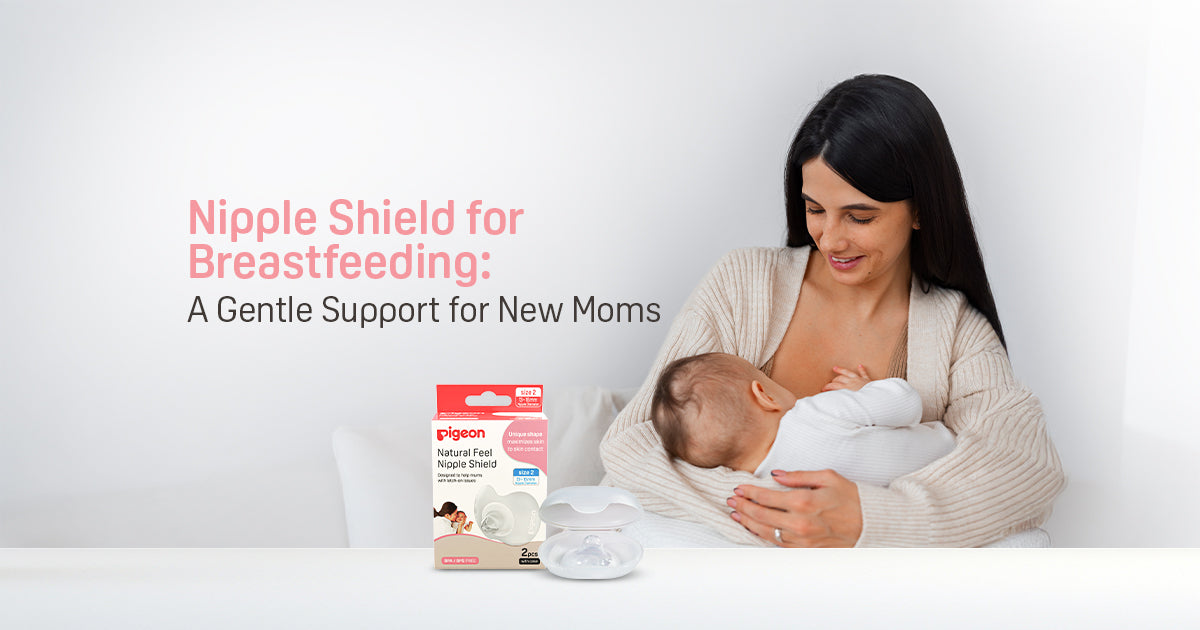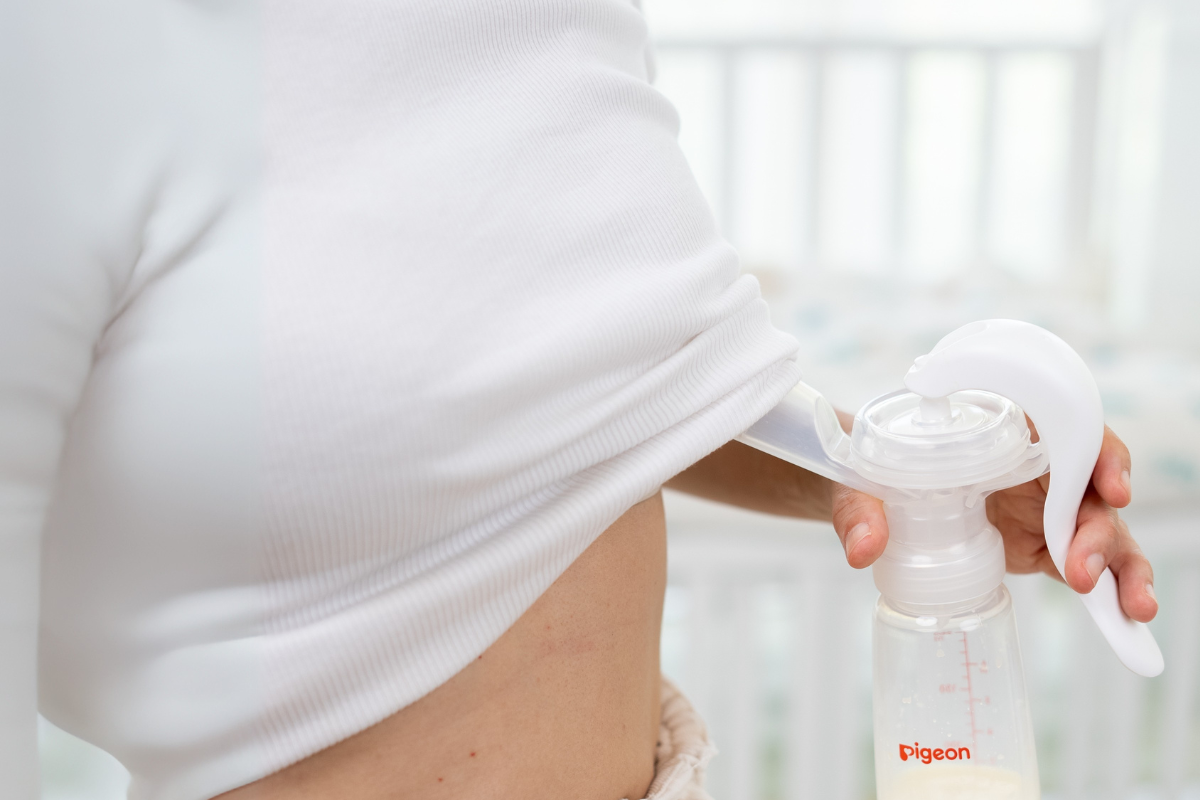Learn the signs that your baby is drinking breastmilk
The baby's appearance, how the baby drinks breastmilk, the amount and frequency of urine and stool output and the baby's body weight are indicators of whether enough breastmilk is being produced.
Baby's frequent crying and slight engorgement of the breast do not indicate that insufficient breastmilk is being produced. Breastmilk secretion increases and the amount of breastmilk produced stabilizes as you continue to breastfeed.
Baby's appearance and causes
There can be other causes of the symptoms that are making you think that your breastmilk is insufficient.
For example,
-
Your baby cries frequently, wakes up and cries while asleep Even when your baby has consumed enough breastmilk, he can be in a bad mood or sleep only lightly for other reasons.
-
Your baby wants to nurse frequently Because breastmilk is easily digested and doesn't produce a long-lasting feeling of satiety, breastfeeding intervals are often short.
Additionally, your baby's rate of growth will not always be the same. During periods when your baby is growing more quickly, your baby will want breastmilk frequently. -
Your breasts don’t become engorged The mother's breasts often stop being engorged a few weeks after the baby's birth, but this doesn't mean that breastmilk production has decreased.
-
Your breasts grow smaller It is said that breast size has nothing to do with breastmilk production.
-
The amount of breastmilk your baby takes in is small The amount of intake differs from baby to baby. A more accurate indicator is whether your baby is gaining weight appropriately.
-
Only a little breastmilk is expressed It is said that the amount of milk secreted and the amount the baby takes in are not the same.
Signs that a newborn is receiving sufficient breastmilk
Signs that a newborn is receiving sufficient breastmilk-
He breastfeeds at least eight times in 24 hours.
-
During a feed, his suckling rhythm will slow down as milk is released, and swallowing or gulping may be heard.
-
He is alert, and has good muscle tone and healthy skin.
-
He is contented between feeds (though well-fed babies may be fussy for other reasons, leading mothers to believe they don’t have enough milk).
-
He has six or more wet diapers in 24 hours; with pale, diluted urine.
-
He will have three to eight bowel movements in 24 hours. As babies grow older, stooling may be less frequent.
-
He shows a consistent weight gain, with an average of 18-30 grammes/day.
-
The mother's breasts may feel full before a breastfeed and softer afterward, though not all women experience a dramatic change.
(Source: UNICEF WHO, "UNICEF/WHO Breastfeeding Management and Promotion in a Baby-Friendly Hospital, an 18-hour course for maternity staff”, 1993, p. 68)




















































